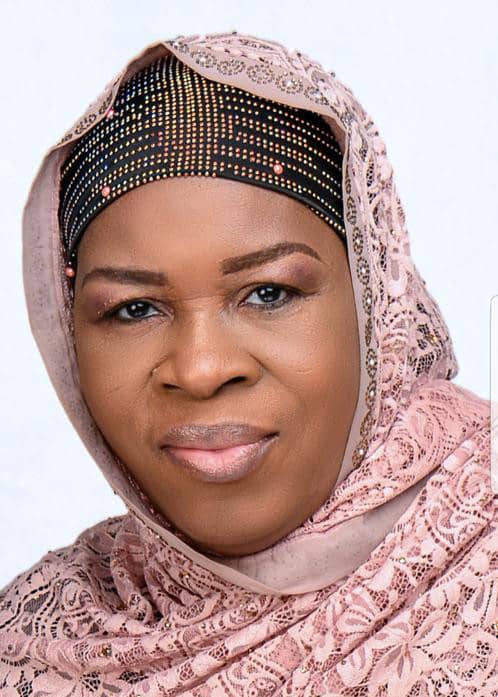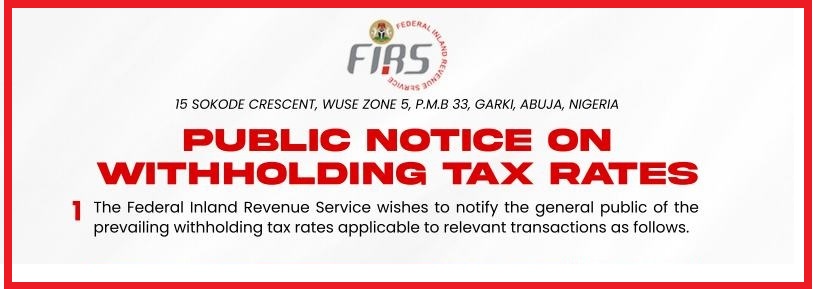Anger seems to be welling up on the Plateau over recent judicial pronouncements in respect of the last elections. The outcomes of the Benue and Plateau elections were hailed as examples of enduring political legacy of loyalty to, and influence of godfathers because of the return of Jonah Jang of PDP and George Akume of APC. Their candidates were victorious in the governorship election and the incumbents lost out while a substantial number of lawmakers also emerged from their camps.
However, while those gains are being consolidated in Benue state, in Plateau state, the initial successes and victories have been eroded due to some inconsistent, unconventional and controversial judicial interventions. First to go “down” was the Senate Minority Leader representing Plateau North Senatorial District, Simon Mwadkwon who was sacked by a three-member panel of the Appeal Court over lack of structure in the PDP. It equally ordered a re-run. These annulments are contrary to the ruling of Justice Haruna Tsammani of the Presidential Petition Election Tribunal in Allied People’s Movement’s (APM) petition challenging the qualification of Vice President Kashim Shettima. “The issue of qualification or disqualification is a pre-election matter and must be determined before the conduct of the election.”
Section 285 (14) of the Constitution of the Federal Republic of Nigeria and Section 29(5) of the Electoral Act 2022’s reference to pre-election matters talk of “aspirant” which borders on a party’s internal mechanism and not “candidate” which involves other parties, and the suit that could be filed in this instance (if any) is at the Federal High Court and not a tribunal or Appeal Court. But in Plateau state, most of the examples in point are pre-election matters.
For the Tribunal judges to depart from this judicial precedence is to leave themselves to accusations of bias. And tongues are already wagging over two causal factors—the emergence of Lalong as minister under an APC-controlled federal government. Lalong even as a sitting governor and DG of Tinubu’s Presidential Campaign lost elections up to his ward and now hope to win at the tribunals what he could not get at the polls where the people’s votes favoured the PDP, so goes the allegation.
Two, there are concerns about the president of the Court of Appeal, Justice Monica Dongban-Mensem who happens to hail from Plateau state and is of the same ethnic stock with Lalong. Having been appointed by the APC government (with Lalong’s influence) under President Muhammadu Buhari, her sympathy, observers say, is with the governing party at the centre regardless of how the votes went.
The allegation gained more traction in view of retired Supreme Court Justice Musa Dattijo Muhammad’s valedictory speech that added a scathing swipe at judges for corruption. In any case, Rule 8.3 of the judicial Code of Conduct says, “any judge who takes advantage of his judicial office for personal gain or for gain by his or her relative or relation abuses the power vested in him”. Justice Dattijo Muhammed specifically referenced the Court of Appeal and the “unpredictable nature of recent decisions of the courts as well”. The obvious question is, is there more to Justice Dattijo’s assertion that is not in the public glare?
This and more are what the PDP spokesperson, Debo Ologunagba, Honorable Yobo Maren of the state house of assembly and other players in Plateau politics condemned and also hoped would be addressed in the coming weeks even as they bemoan their losses. At both national and state levels, the party has accused the tribunal and Appeal Court panel of showing “manifest bias” in favour of the ruling party and complained bitterly about “dangerous pattern of varying and conflicting judicial pronouncements”.
Explaining further the party men state thus: “What is more disturbing is that in all the appeal cases, the court ordered a rerun where the PDP won and the APC came







